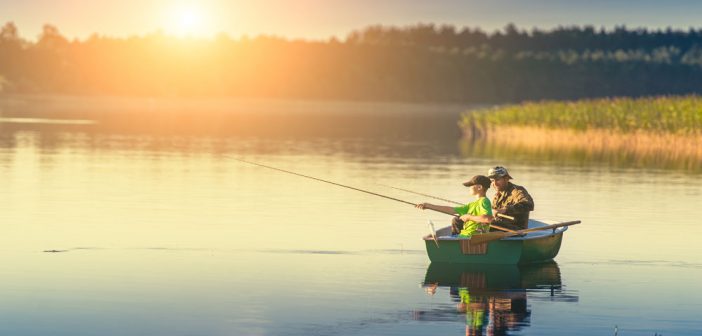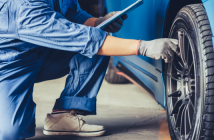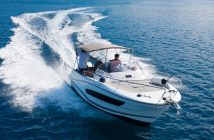Planning to go fishing this summer? Before you cast a line, check out our beginning fisherman’s essentials below. Tight Lines!
Safety is Key
Being safe is the first step to becoming a fishing pro! A life vest is the number one requirement when it comes to fishing, whether you’re in a boat, canoe, or kayak. In the event that anything goes wrong, it will save your life.
It is also important to keep a first aid kit on hand in case of any accidents while casting your rod. Other tools that can prove useful include a flashlight and a decent knife. A GPS, or telephone, is also important to have in case you happen to be in an unknown area.
Practice
Practicing the basic methods for tying your hook to the line as well as attaching bait to hooks is extremely crucial to understand. Once you have mastered that, it’s time to start practicing casting. Casting seems simple enough; however, it’s a bit more complicated. Since the line is essentially a limp extension of your rod, it can be difficult to manage at first. It’s good to practice a safe casting motion away from you and others to minimize the opportunity for any mishaps. Another important thing to note is that you should try to imitate the motion of actual bait.
Check the Weather
Before your departure, you should ensure that the weather is not going to cause you any problems. In the event of any unexpected weather changes, it is important to seek shelter right away. You do not want to put yourself at risk of being struck by lightning. With that said, if there is a thunderstorm, you should remember to wait at least thirty minutes to continue fishing afterwards.
Dress for Success
Having the proper attire can make or break your fishing experience, especially if you’re a beginner. Without proper protection from the sun, you will not be comfortable, and it can also lead to severe and irreversible damages to your skin. Make sure to wear clothes that cover your body as well as a hat to help protect your face.
Be Patient & Bring Food
Being patient is the key to catching more fish. If you feel that you just aren’t having any luck in the area, changing locations can be helpful. Since catching enough fish for your meal can take a while, it may be good to pack some food and drinks in order to keep yourself focused on the task at hand.
Catch and Release Technique
If you are just catching fish for fun and not eating them, this technique is crucial to helping protect the fish from harm.
• Don’t touch the fish with your bare hands, and if you can, use gloves. This helps protect the fish from drying out and maintaining its natural ability to fight any infections.
• Don’t hold the fish in a vertical or upright position. They won’t be use to it, and it can make them become stunned
• Don’t block its gills. They are essential for their breathing, so it is important to minimize any harm to this area.
• Place the fish back into the water as soon as possible head first! This allows for the flow of water to re-enter their gills more quickly ensuring a better survival rate. If you can, release the fish toward the current!
Clean Fish
Know how to properly clean your fish before eating it.
• Once catching the fish, make sure you store it in a cooler or by keeping it in the water until ready to move on to the next step.
• Cut the fish on a flat surface.
• Start cutting at the tail end and work your way toward the head. Remember not to cut too deep.
• Remove the guts and cut into the fish’s anus by making a “v” shape.
• Remove any remaining innards that may be in the fish.
• Wash out the fish cavity as well as the skin and discard all the other inedible portions.
Keep Gear to a Minimum
Bring only the essentials so you can get use to the basic techniques of fishing. Fancy gear will only prevent you from getting off to a great start and further delaying you from becoming a fishing pro. If anything, the biggest investment you make will be on your life vest.









